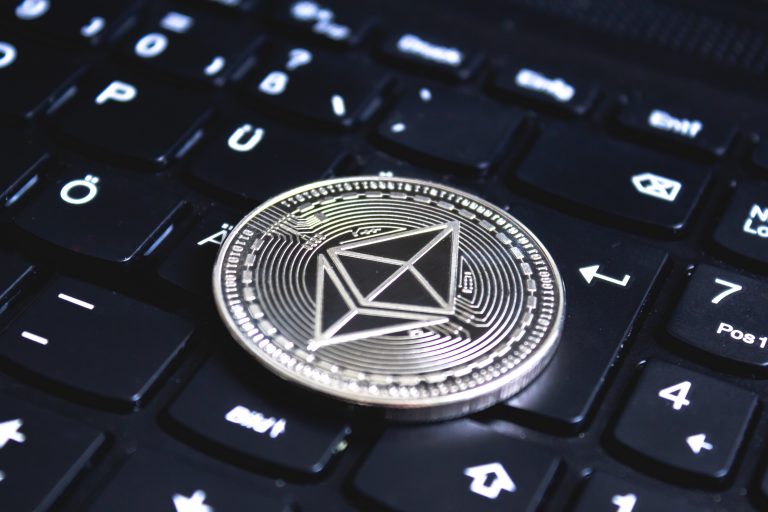Will Brazil Make Bitcoin History? Hearing Date Revealed

Will Brazil Make Bitcoin History? Public Hearing Set for August 2025
Summary: Brazil is moving closer to potentially adopting Bitcoin as part of its national reserves. The country’s Chamber of Deputies will hold its first public hearing on Bill 4.501/2024 on August 20, 2025, discussing a proposal to integrate cryptocurrency into its sovereign wealth strategy.
Background: Brazil Considers Bitcoin as Strategic Reserve Asset
The initiative emerged from Bill 4.501/2024, introduced in November 2024 by Federal Deputy Eros Biondini. The proposal advocates for the federal government to invest in Bitcoin and other secure crypto assets to modernize Brazil’s sovereign reserve strategy, reducing reliance on traditional instruments like US Treasury bonds.
The Economic Development Commission confirmed the hearing will take place at 4:00 p.m. in Plenary 5, Annex II of the Chamber of Deputies in Brasília. The session was requested by Federal Deputy Luiz Philippe de Orleans Bragança, underscoring growing legislative interest in digital asset integration.
Industry experts and institutional representatives from across Brazil are expected to participate. Contributors include Diego Kolling, Head of Bitcoin Strategy at Méliuz, and Rubens Sardenberg from Febraban, who will address the economic and regulatory implications of cryptocurrency reserves.
Institutions such as Abcripto, the Central Bank of Brazil, the Ministry of Finance, and the Ministry of Development, Industry, Commerce and Services have also been invited. The discussions are expected to explore how Bitcoin could influence fiscal policy, inflation control, and industrial competitiveness.
Brazil Strategic Bitcoin Reserve comes up for its first public hearing August 20th – $18.5b reserves could be allocated to #Bitcoin.
— MartyParty (@martypartymusic), August 5, 2025
Expert Analysis: Strategic Hedge or Volatile Gamble?
Supporters of the bill argue that Bitcoin could serve as a hedge against inflation and provide diversification amid currency volatility. With Brazil’s 2025 reserves totaling $18.5 billion, even a small allocation to cryptocurrency could represent a significant policy shift.
However, critics emphasize the risks of Bitcoin’s notorious price volatility—daily swings of up to 30% are not uncommon. There are also accounting and regulatory challenges: auditors require transparent frameworks to manage crypto assets on national ledgers.
Globally, sovereign interest in cryptocurrency is growing. In June, Texas allocated $10 million of public funds to buy Bitcoin. Arizona and New Hampshire passed similar legislation, though they have yet to fund purchases. U.S. President Donald Trump recently issued an executive order promoting digital financial technologies, adding federal legitimacy to the trend.
Brazil’s Clean Energy Advantage in Bitcoin Mining
France is exploring Bitcoin mining powered by surplus nuclear energy, potentially generating $150 million annually from one gigawatt of unused capacity. Brazil, with its extensive hydropower and growing solar infrastructure, could pursue a similar model.
If Brazil combines Bitcoin reserves with state-sponsored mining operations using renewable energy, it could transform idle energy into a strategic economic asset—boosting both national sovereignty and technological innovation.
Featured image from PayBito, chart from TradingView











